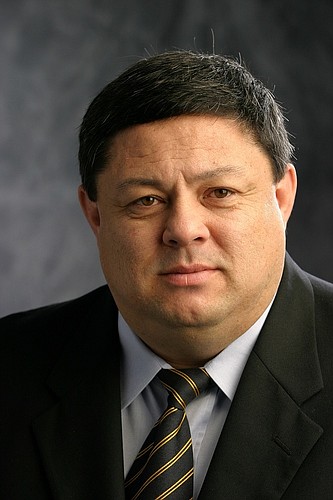- December 13, 2025
-
-
Loading

Loading

St. Leo University in Pasco County, one of the largest Catholic universities in the county, has a new president — with no explanation of why the previous president left the school.
The school, in a July 6 statement, announced Edward Dadez, who has held multiple leadership positions at the school for the past 22 years, was named its 11th president. The school’s board chose Dadez as the new president following the resignation of Jeffrey Senese, the school says in the release. Asked for more information on Senese, president since April 2018, a St. Leo spokeswoman, in an email, says, “I have no other information besides what is in the press release.”
In regard to Dadez, the release states that before he became the second provost of the university, he was a visiting professor in graduate education. He also held the position of vice president in support of the university’s regional education centers, online learning program, student affairs and campus operations.
“St. Leo University’s commitment to its core values, Catholic heritage and close-knit community make it a special place — countless students have thrived here and gone on to make an impact in our world,” Dadez says in the statement. “I am excited to work alongside students, faculty, staff, and alumni to strengthen the university experience and to help make it possible for more students to pursue their educational and professional goals.”
Prior to St. Leo University, Dadez held several administrative roles in student affairs and continuing education at The Ohio State University, University of Dayton Michigan State University, Bucknell University and Chowan University in North Carolina.
St. Leo offers 62 degree programs to more than 15,800 students each year. Founded in 1889 by Benedictine monks and sisters, the private, nonprofit university is known for providing a values-based education to learners of all backgrounds and ages in the liberal arts tradition. In addition to its Pasco campus, it has 16 education centers in five states, and an online program. The university is home to more than 100,000 alumni and economic impact study form 2019 found it had a $343.4 million impact on the Tampa Bay area economy, creating 3,000 jobs.